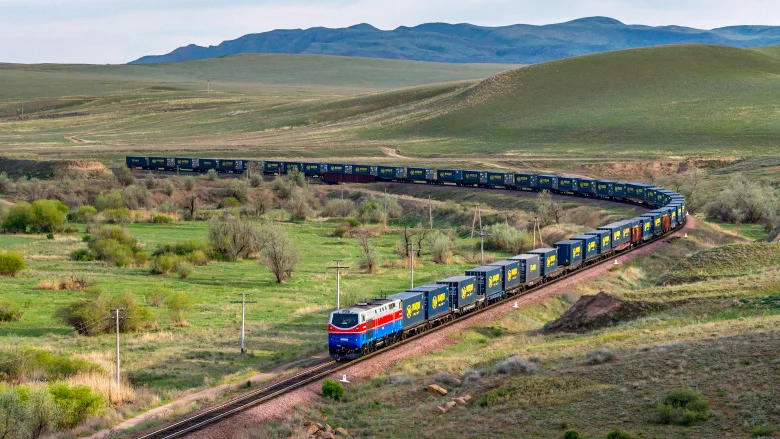BAKU, Azerbaijan, September 17. The Middle Corridor is likely to become increasingly important as the competition for rare-earth elements grows, since Central Asia holds vast reserves of critical minerals, Trend reports referring to The Atlantic Council, American think tank in the field of international affairs.
Analysts note that extending the connectivity of South Caucasus to Central Asia would allow states to scale the Middle Corridor and bypass Russia.
“This could help secure key supply chains and tap reserves of rare-earth elements and strategic minerals essential for modern technologies such as smartphones, electric cars, and semiconductors,” reads the latest analysis by The Atlantic Council.
The Middle Corridor is a transport and trade route that passes through several countries in the region, connecting Asia with Europe. It serves as an alternative to the traditional Northern and Southern corridors.
The route begins in China and goes through Central Asian countries such as Kazakhstan, Uzbekistan, and Turkmenistan. It then crosses the Caspian Sea, Azerbaijan, Georgia, and Türkiye before reaching Europe. The Middle Corridor is a land-based route that bypasses longer maritime paths, linking the eastern parts of Asia, including China, with Europe.







